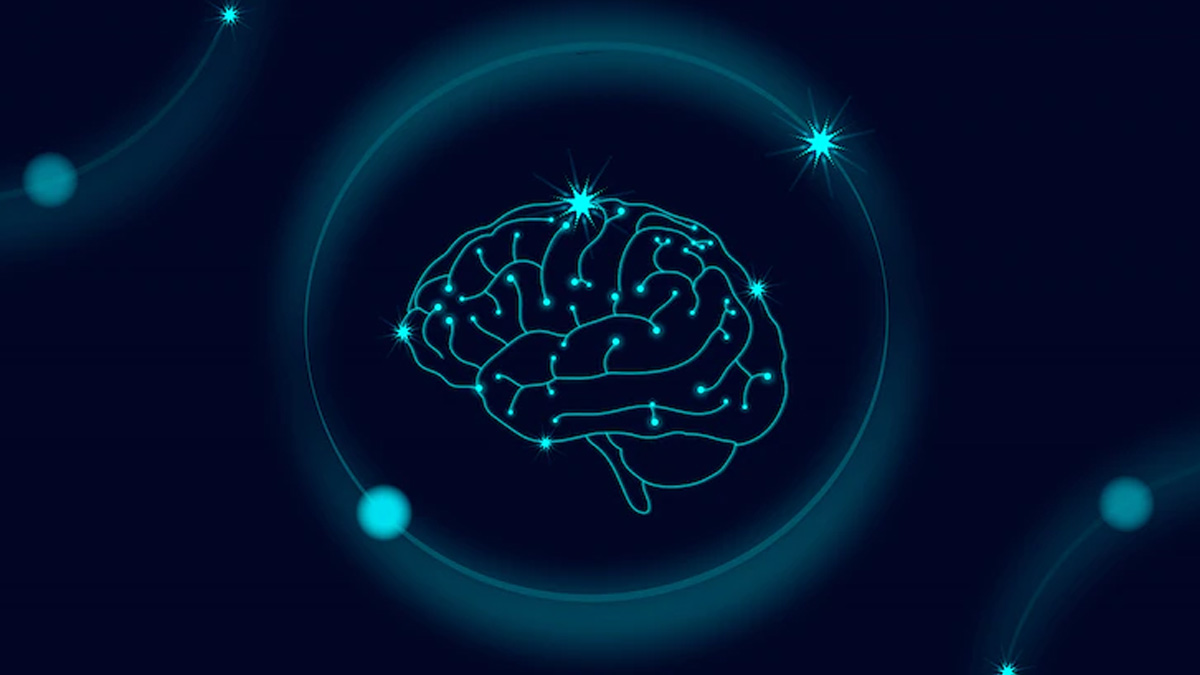
Aphasia affects the ability to comprehend and convey ideas through language. Traditional treatments like speech and language therapy are essential, but researchers and practitioners are exploring new methods to improve outcomes for individuals with aphasia. One such promising technique is repetitive transcranial magnetic stimulation (RTMS).
Table of Content:-
RTMS: A Breakthrough in Aphasia Treatment
"Using RTMS to stimulate speech in individuals with aphasia shows promise," says Dr Pradeep Mahajan, Regenerative Medicine Researcher & Founder of StemRx Hospital and Research Centre. This non-invasive procedure involves applying magnetic pulses to specific regions of the brain. The goal is to modulate neural activity and enhance language recovery in aphasic patients.

“RTMS targets selected areas associated with language processing to stimulate neuroplasticity in the brain. This facilitates the reorganisation of stroke-damaged or neurologically impaired language networks. By emitting precise magnetic pulses within identified parts of the cerebral system, RTMS can promptly assist silent neural pathways related to communication. One of the main advantages of RTMS is its adaptability to individual patient needs,” said Dr Mahajan.
Also read: Speech Fasting: How Can It Benefit Your Vocal Health?
Clinicians must identify which brain areas are affected by aphasia to customize RTMS protocols effectively. This personalized approach increases the efficiency of the treatment and maximizes the potential for language recovery.
Benefits and Tolerance
RTMS offers therapeutic benefits over other treatments and is well-tolerated with minimal risk of adverse effects. Unlike invasive procedures such as brain surgery, RTMS does not require anesthesia or long recovery periods, making it a safe and accessible option for individuals with aphasia.
Clinical Trials and Results
Medical trials assessing RTMS's efficacy in treating aphasia have shown promising results. Significant improvements have been observed in speech production, language comprehension, and overall communication skills among patients who underwent RTMS treatment. These findings highlight RTMS's potential as an adjunctive approach to traditional speech therapy methods.
Despite its promise, more research is needed to understand how RTMS works and refine treatment protocols. Ongoing studies focus on issues such as the optimal schedule for RTMS sessions, their timing, and the long-term benefits of this intervention on language function recovery.
Also read: Best Nootropics For Verbal Fluency & Speech
A New Hope for Aphasia Patients
RTMS is a pioneering speech-stimulation strategy offering new hope for individuals with aphasia. By using magnetic stimulation to adjust neural activity, RTMS promises to enhance communication skills and improve the quality of life for aphasia patients. As more research is conducted and RTMS methodologies are refined, the outlook for aphasia treatment continues to brighten, says Dr Pradeep Mahajan.
Read Next
Bridgerton Season 3 Out With Our Wallflower Coming Out Of The Shadows; The Psychology Of Wallflowers
How we keep this article up to date:
We work with experts and keep a close eye on the latest in health and wellness. Whenever there is a new research or helpful information, we update our articles with accurate and useful advice.
Current Version